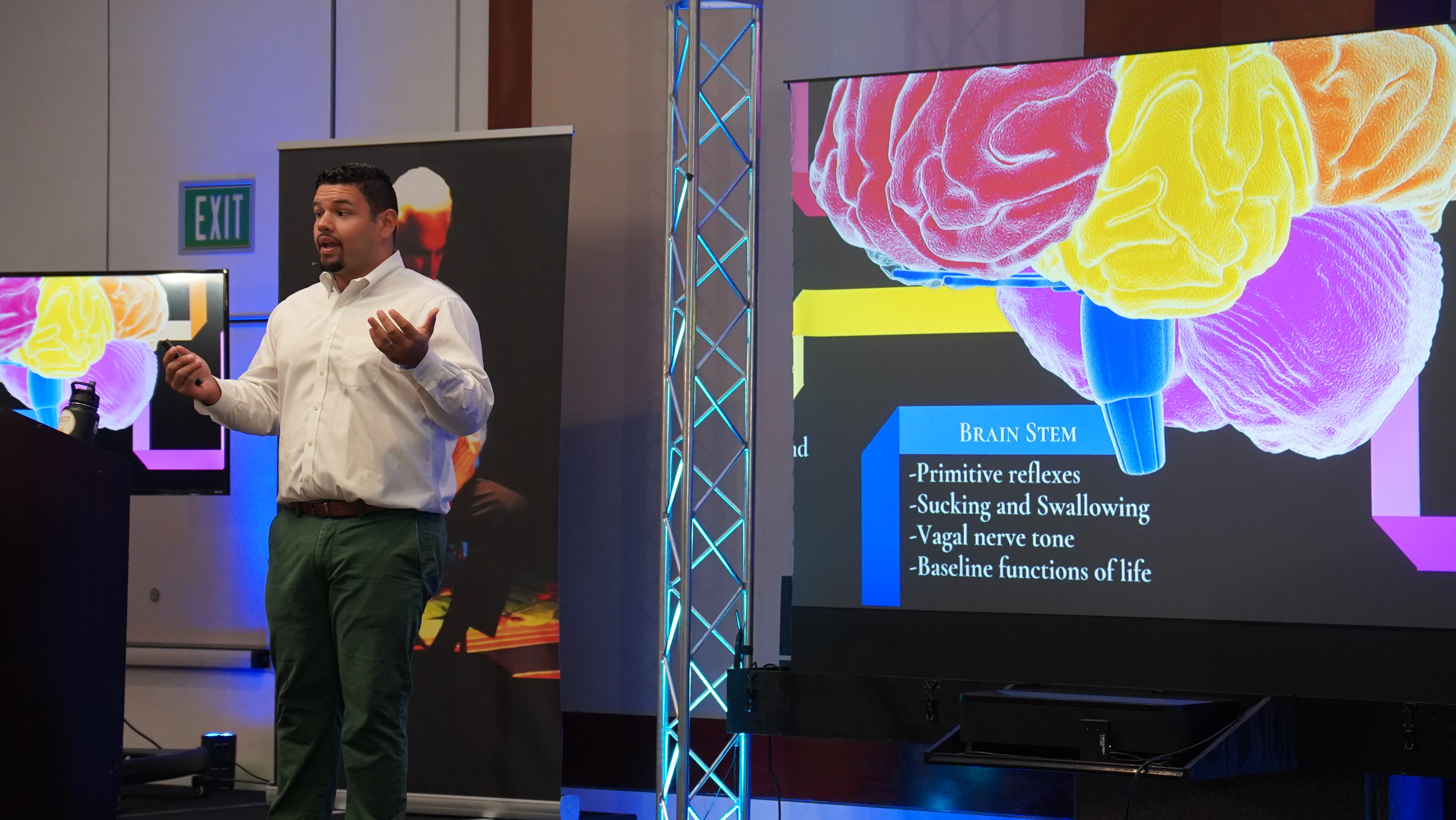

Stressed Out? Why Your Nervous System Needs Chiropractic Care
Chiropractic and Stress
Erin used to thrive under pressure. Juggling meetings, social plans, and to-do lists came naturally—until recently. After having her second child, starting a new job, and moving homes all within a few months, something shifted. Now, even small things, like forgetting the grocery list or hearing two kids cry at once, feel overwhelming.
She’s noticing changes she can’t ignore. Her heart races over simple decisions. She snaps at her partner over things that never used to bother her. Sleep doesn’t come easily, and her body constantly feels on edge. The stressors haven’t changed—but her capacity to handle them has.
That’s the thing about chronic stress: it doesn’t always show up as one big moment. Sometimes it builds slowly, until the body starts waving red flags. Erin’s story might sound familiar. And if it does, you're not alone.
What Is Stress?
We often think of stress as purely emotional, but it’s actually any demand placed on the body—physical, chemical, or emotional. While stress is often labeled as negative, it can just as easily come from positive things. Exercise, riding roller coasters, having children, and starting a new job are all forms of stress too.
Stress only becomes a problem when the body doesn't get the chance to reset and recover. That’s when your internal “stress bucket” starts to overflow. And when it does, symptoms don’t mean you’re broken—they mean your body’s capacity to adapt has been maxed out.
The General Adaptation Syndrome
Dr. Hans Selye, a pioneer in stress research, described the body's response to stress in three stages, what he called the General Adaptation Syndrome:
Alarm: The initial physiological response where your heart races, muscles tense, and adrenaline surges.
Resistance: The body stays alert and adapts, but uses energy reserves to keep going.
Exhaustion: If stress continues without recovery, the system burns out, leading to fatigue, sleep disturbances, mood swings, and physical symptoms.
Dr. Bridget often explains it this way: Imagine you’re hosting a party at your house, but you don’t have time to clean up. You feel stressed and overwhelmed (this is the resistance stage). Then, in a hurry, you shove all the clutter into a closet so it’s out of sight. You feel okay because you can’t see the mess anymore. But it’s still there. That’s exhaustion—when stress is buried deep, but still affecting your system.
Stress and the Nervous System
Your nervous system is the master coordinator of your body. It connects your brain to every cell, tissue, and organ, constantly processing information from your environment and helping you respond appropriately.
When stress hits, your body shifts into “fight or flight” mode, also called sympathetic dominance. In short bursts, this is a healthy response. Your body prioritizes short-term survival over long-term thriving. But when this state becomes chronic, it compromises nearly every system. Digestion slows, sleep becomes fragmented, immunity weakens, and you feel stuck in a state of constant tension.
The real issue isn’t the presence of stress—it’s the loss of adaptability. And this is where chiropractic care makes a powerful difference.
Chiropractic Care and Adaptability
Chiropractic adjustments help correct subluxations—misalignments in the spine that interfere with nervous system function. Subluxations not only add physical stress, but they also reduce your body’s ability to adapt to all types of stress.
It can become a vicious cycle: stress creates subluxations, which reduce adaptability, which leads to more subluxations and even more stress. Chiropractic adjustments break this cycle, restoring clear communication in the nervous system and increasing your adaptability.
In simple terms, while we can’t remove the stress from your life, we can help increase the size of your “stress bucket,” so that life doesn’t feel so overwhelming. Many patients report improved sleep, better energy, fewer stress-related symptoms, and a greater sense of ease—not because life became easier, but because their nervous system became stronger!
You’re Not Broken—You’re Overloaded
If you’re finding that the little things feel big lately, you're not weak—and you're definitely not alone. Like Erin, you may just be living in a state of overload. The good news? You don’t have to stay there.
At Sláinte Chiropractic, we help overwhelmed moms, busy professionals, and stressed-out families build more resilient nervous systems so they can handle life better—without burning out. If that sounds like something you need, we’d love to help!
